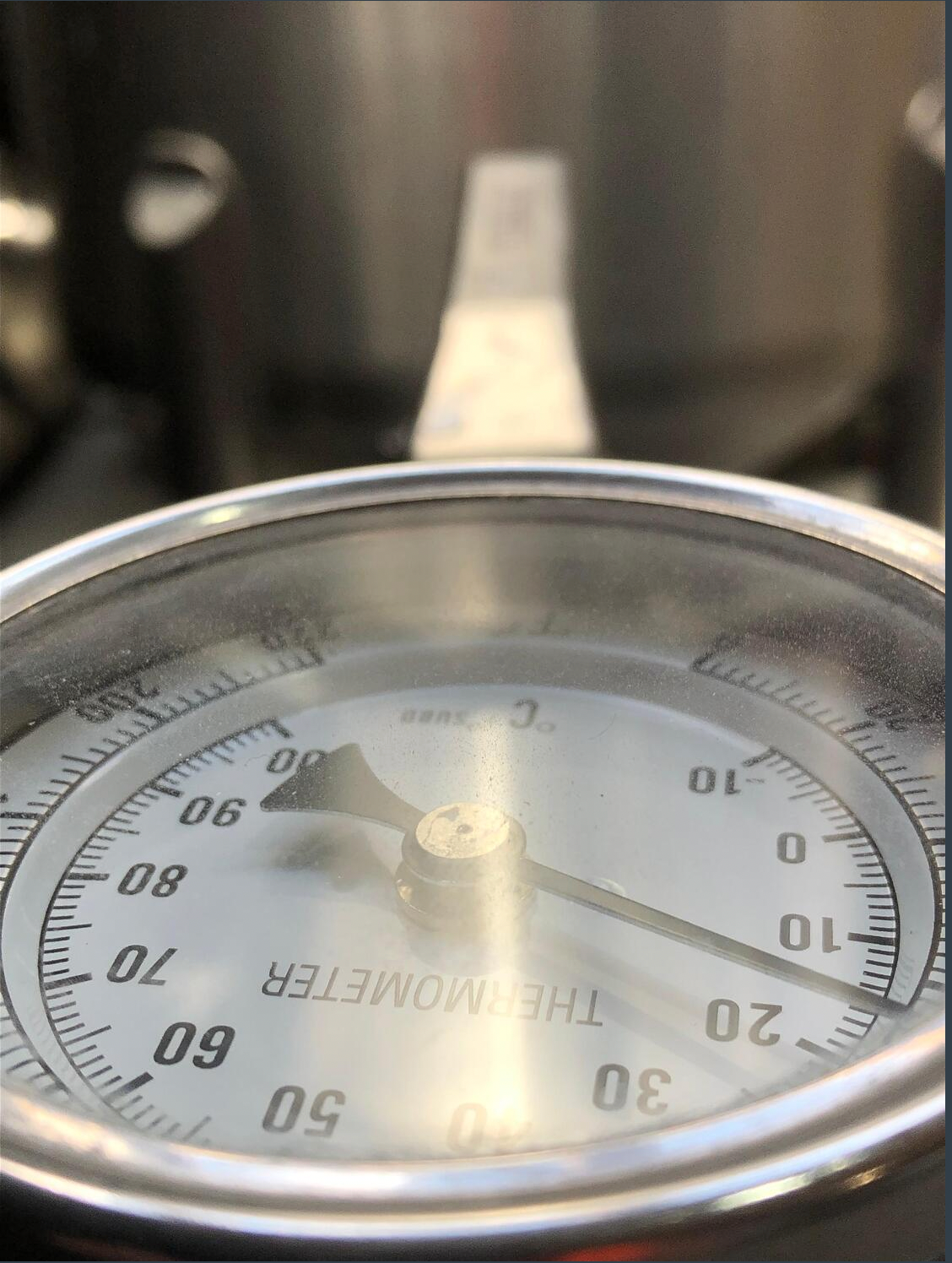
Heare Yeaste, Heare Yeaste
|
Hi Folks In the last few weeks, we have had some fantastic feedback from customers who purchased our first releases. A lot of people have been asking what we do that makes us different. Or to put it another way, what’s the unique DNA of eden whisky?
So I put pen to paper and made a list of all the discernible variables I could think of in the process of making whisky. Water, malted barley, yeast, the mashing/ brewing process, brew house equipment, distillation cuts, still (size, shape, configuration), quality of the New Make Spirit, casks (origin, oak type, size, shape), maturation environment, maturation length, and reduction strength (cask strength tastes significantly different to 40 %).
These variables alone allow for a mind-blowing 1,000,000 + different combinations. A change to any one of them will impact the final whisky to greater or lesser degrees.
Given there are so many variables, I’ll hone in on what I believe to be the essentials for Eden over the coming months. |
Heare Yeaste, Heare Yeaste
From the very beginning, our aim has been to produce the best New Make Spirit, something that is enjoyable to drink straight off the still. If you don’t put good spirit into the cask, you can't expect to get good whisky out of the cask is our guiding principle.
The largest contributing factor, IMHO, to the overall flavour and character of our New Make Spirit and I would even venture to say our resulting whisky, is YEAST. Yes the humble, often unappreciated and definitely underestimated single-celled organism we know today as yeast.
It has been said by some historians that the transition from hunter-gather to sedentary farmers was driven by the desire to grow crops for beer (I suspect 5 minutes after the invention of football). Any leftover grain probably went to make that secondary essential, bread. They couldn’t make beer (or bread) without yeast, therefore western civilisation as we know it would not have come to be if it wasn’t for yeast.
Put simply, the yeast eats sugar which in our case comes from the malted barley in the “wort” and excretes CO₂ and alcohol. The result is what distillers call “wash”, a malty alcohol of 6-8% ABV, which we distill twice to extract the spirit and intensify the flavours.
Typically within the industry distilleries would use Distillers Yeast, a variety that is highly resilient and produces high abv yields. Whilst this yeast has the ability to convert your family laundry into ethanol it does lack the character and flavour profile of other less virile varieties such as ale strains.
Back in 2018/ 2019, we trialled various yeast strains before settling upon one that suits our style perfectly. We were seeking quality of flavour vs. the higher quantity yields that the bland distillers' yeast provides.
Whilst the strain is a closely held secret we can tell you that it is capable of some pretty amazing esters (flavours). Through extensive trials and a little luck, we learned the best conditions to coax out the esters we were seeking.
Each strain of yeast has its optimal temperature range (e.g. 17c to 25c). At lower temperatures within the range, the yeast will produce more intense flavours than at higher temperatures. What this means for us is that by manipulating the temperature of the wort we can either dial up or tone down the intensity of our flavour profile to suit. Keep in mind that double distilling reduces the quantity 10 fold (900 litres of wash becomes 90 litres of New Make Spirit) whilst intensifying the flavour 10 fold.
So I would urge you whilst you wash down your morning slice of toast with a dram of Eden Whisky to spare a thought for the wonderful little beast we call yeast.
Warm Regards Dale and Claire |
 |
1 Rifle Range Road, Sandford 7020, Tasmania Lutruwita
info@edenwhisky.com.au
ABN: 74 165 284 194
Liquor Licence no: 94261
Issued in Tasmania - April 2022


Leave a comment: